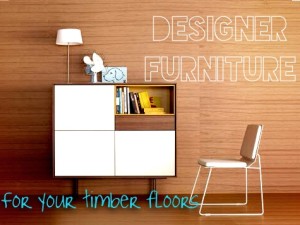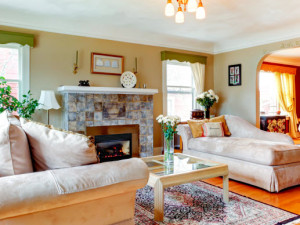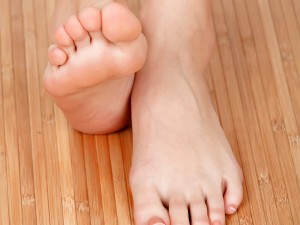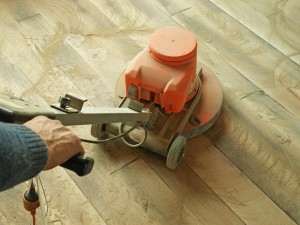Bamboo Flooring: Aesthetic and Functional Floorboards
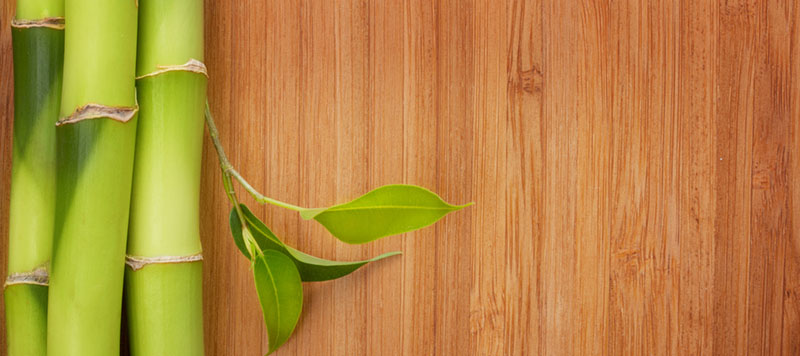 Bamboo flooring is fast becoming a very popular choice when deciding on timber floors for your home. Marketed for its environmentally friendly aspects, cost and durability, bamboo couples aesthetics with functionality and practicality. Let’s help you to understand this type of timber floorboard better.
Bamboo flooring is fast becoming a very popular choice when deciding on timber floors for your home. Marketed for its environmentally friendly aspects, cost and durability, bamboo couples aesthetics with functionality and practicality. Let’s help you to understand this type of timber floorboard better.
Bamboo floors are an engineered or manufactured product. So unlike solid timber floorboards, they have to be laminated and hot or cold pressed to form the boards. There are a number of different ways this is done, resulting in a variety of styles.
Horizontal – The bamboo strips are laid parallel along their widest edge. They are then laminated and pressed to form the more traditional looking bamboo floorboards where you can clearly see the bamboo nodes and strands.
Vertical – The bamboo is lined up with the strips along the narrow edge before lamination and pressing, resulting in a more uniformed, lined effect. Vertical bamboo floorboards will tend to be more durable than the horizontal.
Strand Woven – This type of bamboo flooring uses the leftover bamboo, separates the strands and weaves or compresses them to form an extremely hard and durable floorboard with a more natural look.
Selecting the Perfect Colour
Bamboo flooring is available in a range of colours (although your choices will be more limited than traditional hard or soft woods). Naturally, bamboo can be very light but is also available in a wide range of tones all the way to nearly black. Rather than the conventional staining method, the bamboo is carbonised to create varying degrees of darkness.
Checking the Quality
Just as quality can vary with traditional timber flooring, the same is true for bamboo. Some key factors include: the thickness of the laminate and whether it has been properly sealed along all the edges.
Engineered bamboo floorboards tend to be less susceptible to expansion and warping as the cross lamination structure holds the strands together more effectively. Let us help you with the installation process. Our team of experts know how to cater for moisture content and expansion in different environments.
From a sustainability standpoint, bamboo grows much quicker than timber, has fewer pests and the root structure is left intact when harvesting therefore minimising soil erosion. Each of these factors make it a great renewable resource.
When considering bamboo floorboards, always select a good quality product. Cheaper options are more likely to warp and are not as durable against water damage. Furniture and décor can be easily replaced when you decide to have a change of style, but replacing your floor is not as easy. Take the time to select a versatile, durable floor that will compliment your home. Contact us if you are looking for quality floorboards in Brisbane.

